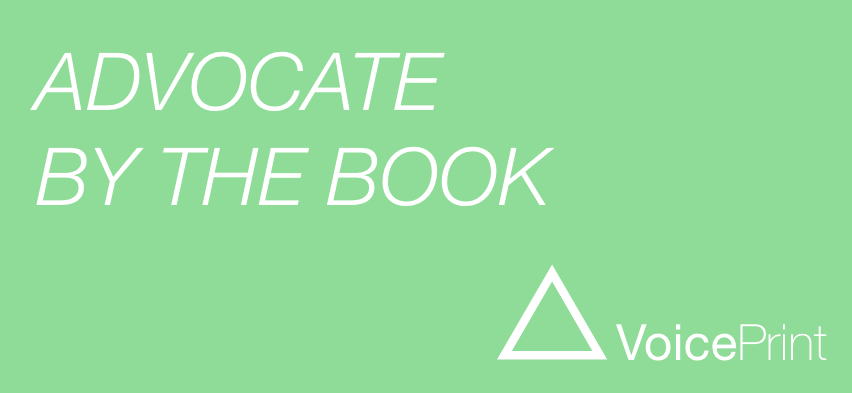Far from being a world leader in gender equality at work, the UK has recently fallen out of the top 20 in the country rankings compiled by the World Economic Forum. The UK now ranks 26th after Moldova and well behind Rwanda. We’re not being as smart as we should be about gender, either socially or economically.
One of the ways in which women are disadvantaged at work is not immediately obvious, but it occurs every day and its cumulative impact is therefore enormous. Women and men talk differently. Research using our VoicePrint self-perception questionnaire in a study involving over 1,000 British men and women has revealed a clear pattern in a series of statistically significant findings.
- Men make too much ‘noise.’ Women’s voices get lost in that noise.
- Women contribute to their own silencing. They draw on too deferential a range of ‘voices.’
- Pressure situations make the problem worse: men get noisier; women get quieter.
These are just three of the findings. The bad news is that the different ways in which men and women, in general, use talk leaves women constrained by a conversational ‘glass cage.’ The good news is that neither individual women, nor individual men, need be trapped by these gender tendencies. Greater awareness and skill in the use of talk can be developed and is the objective of all VoicePrint interventions, whether personal coaching, organisational improvement or cultural change.
Let’s talk, if you would like a copy of the full findings – Lost in The Noise: how gender is undermining productive conversations – or if you would like to discuss how you might use VoicePrint in the context of your own work on diversity, gender equality or leadership development.
Ready for a conversation?


